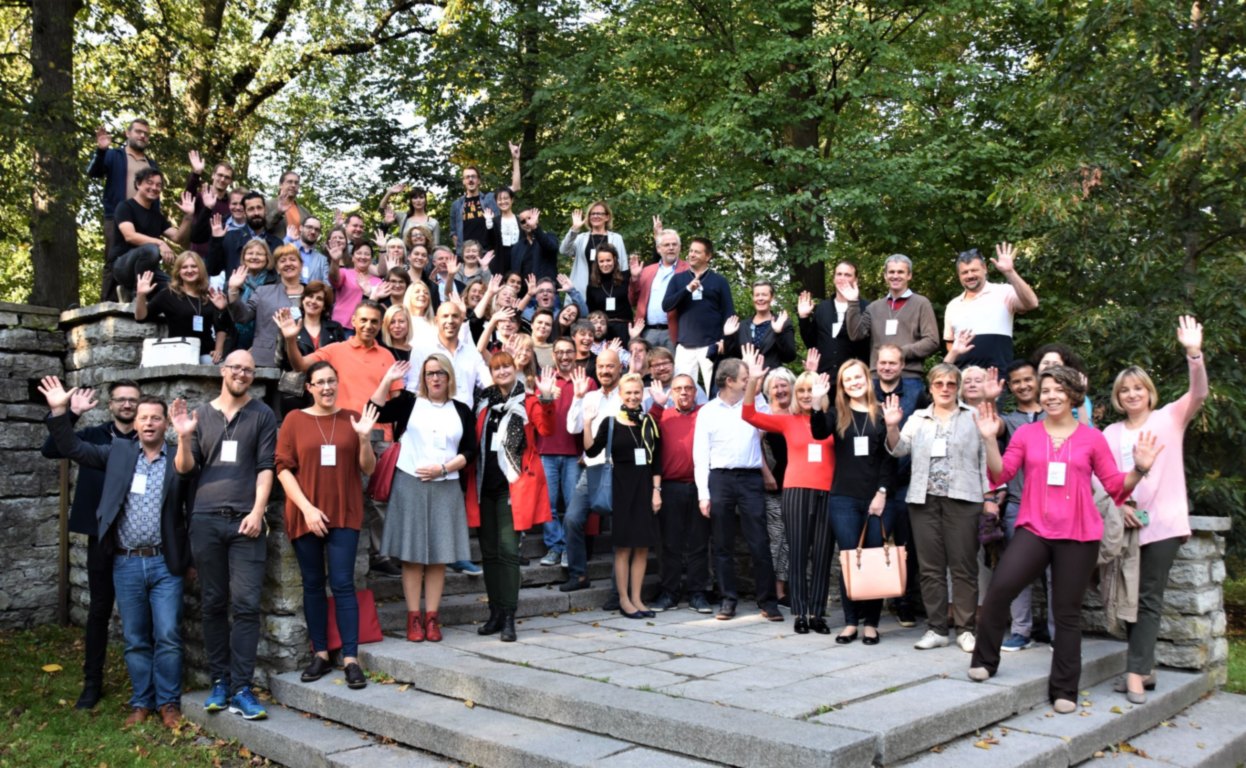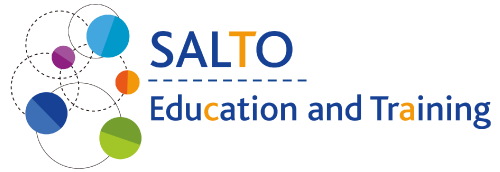Contact Seminar "Enhancing Digital Competences in Education and Training"
Summary of TCA outcomes
Theme
Digital technologies are key drivers of innovation, growth and job creation in the global world. Not everybody however, has the knowledge, skills and attitudes to be able to use digital technologies in a critical, collaborative and creative way. According to the Europe´s Digital Progress Report , 19% of the EU population had no digital skills and 44% can be considered as lacking sufficient digital skills in 2016. 14% of the EU population has never used the internet. These are often older citizens, less educated young people, lower income families and migrants who continue to be at the biggest risk of digital exclusion.
The lack of digital competence of a large part of the EU population has dramatic repercussions on their employability perspective. The rapid digital transformation of the economy means that almost all jobs now require some level of digital skills, as does participation in society at large. Digital skills are now as vital as literacy and numeracy and Europe therefore needs digitally competent people who are not only able to use but also to innovate and lead in using these technologies.
Digital competence refers to the ability to use digital technologies. It involves the confident and critical use of Information Society Technology (IST) for work, leisure and communication. It is underpinned by basic skills in ICT: the use of computers to retrieve, assess, store, produce, present and exchange information, and to communicate and participate in collaborative networks via the Internet. Being digitally competent is more than being able to use the latest smart phone or computer software — it is about being able to use such digital technologies in a critical, collaborative and creative way. One of the main challenges that require actions from educational sector is how to prepare the population to constantly keep updating digital competences in order to adapt in technologically diverse environment. Transnational collaboration and exchange of innovative ideas between European educational institutions through Erasmus+ programme is an opportunity for tackling these issues.
Aim
The overall idea of the contact seminar is to find partners with similar interests and develop ideas for the new KA2 strategic partnerships on the issue of ICT and digital skills. The seminar will also give an opportunity to share experience and discover new approaches in the field with the special focus on creating cross sectoral and transversal collaborations between different sectors and organisations.
Types of outcomes
Explain your choice(s)
Photos




